Introduction

Why to buy it?
- Potent but accessible performance
- Comfortable ride
- Brilliant value
Why to avoid it?
- Lacks visual drama
- Might prove heavy for some
- Windscreen isn’t very effective
Bottom line: This, the Kawasaki Ninja 1000SX, is a brilliant motorcycle. Here’s why.
Let’s say you are in the market for a new 1000cc-plus motorcycle. One that you intend to keep, ride, and make memories with. Let's also say you are on a budget and don’t want to spend a penny over Rs 15 lakh on the road to get one. Now, you might think this is a tough ask, but as it turns out, there are at least four models that fit the bill.
There’s the 1200cc Triumph Speed Twin for those looking at a retro appeal. Then, there’s the Ducati Scrambler 1100 for those who enjoy riding both on-road and off it. There’s also the Harley Davidson Forty-Eight displacing 1200cc for those looking for old school charm. But, if you are looking for a bike that packs in the most value, it has to be the Ninja, the fourth and final motorcycle in our market to displace over 1000cc and cost under 15 lakh.
Styling and Quality

This is a 140bhp, 1000cc bike. And exciting specs deserve an exciting design. However, that’s not the case with the 1000SX. Don’t get me wrong; the SX is a good looking motorcycle. The rakish and modern front fairing, in particular, stands out. However, it’s just a bit too upright, a bit too bulky, and not racy enough to draw lustful glances. So, no neighbour’s envy here.

Quality levels are par for the course. The painted surfaces look rich, and there are no odd panel gaps or untidy wiring. The buttons work well too, but we would have appreciated a bit more positive feedback to mark the completion of an operation.
Ergonomics and Comfort

The Ninja 1000SX is a comfortable motorcycle. No ifs or buts. And it begins with the suspension. Now, the bike might be long, heavy and relatively low, which doesn’t leave much to play with in terms of suspension travel.

But, the spring rates and the damping setting on the 1000SX for both the front and rear are beautifully sorted. No matter the road surface - a series of low amplitude bumps, road joints or even unexpected troughs - the Ninja’s ride quality remains cushy, flat and relaxed. But yes, square-edged bumps do hurt it. And so, taking them slowly is something one learns very early.

The ergonomics complement the motorcycle’s plush ride. With its relatively tall and wide handlebar, rider’s footrests that aren’t too rear-set or high, and a seat that’s both comfy and large, the 1000SX remains welcoming even after hours of riding. The only catch is its 835mm tall seat height, which might make it difficult for those under six feet to put both their feet firmly on the ground.
Performance and Handling

The engine on this Ninja is a 1043cc inline-four. It makes 142bhp and 111Nm of peak torque. Now, the torque might peak at 8,000rpm, but the 1000SX is more than alive and kicking, and in a tearing hurry right from 4,000rpm.
Whether you are puttering around the city at under 3,000rpm or going hell-for-leather with the engine ready to bounce off the rev-limiter, the engine always sounds purposeful. At slow speeds, it has a don’t-mess-with-me kind of growl. And when you open the taps, it switches to a sweet symphony of a Japanese inline-four. The latter never fails to give you goosebumps.

It is a very potent engine too, which seems to have torque everywhere. Open the throttle with enthusiastic intent, and the bike will pick up and hurl you towards the horizon. What’s more, it’s unbelievably tractable. It went from 30kmph to 170kmph before we started running out of the road, in sixth gear, without a step or stutter. It was just one seamless, hold-on-for-your-life unabated acceleration, akin to going from full throttle to take off in a plane, only amplified.
We did this in Sport mode, which gives the SX a bit more spunk. But, even so, the bike remains surprisingly manageable. The Road mode, meanwhile, works well for commuting and touring, where one might prefer smoothness over alertness. The difference is primarily down to how aggressively the bike responds to throttle inputs. As for the Rain mode, because it was mostly hot and dry, and only slightly wet on one occasion, we skipped that option altogether.

The handling, on the other hand, is a mixed bag. At crawling speeds, the Ninja feels slightly cumbersome and disconnected. But, pick up pace, and on straights and around fast open corners, the Ninja feels planted and predictable. It’s easy to find a good rhythm with the motorcycle.

Around a sequence of tighter corners, however, the bike does tend to move around a bit. It’s not alarming, but you know you can’t take the Ninja for granted. It’s best, therefore, to trail brake into corners and watch with amazement how an otherwise heavy and soft motorcycle digs its front into the tarmac and keeps its line without effort or drama. Then, of course, you start getting on the throttle, and the bike’s squishiness begins to surface. But, I am sure some of this can be dialled out with the Ninja’s adjustable suspension.
Features and Technology

The Ninja 1000 comes with a full-colour TFT screen with Bluetooth connectivity and two display options. It throws up info like brake and throttle usage, lean angles achieved, as well as other basic readouts like the trip, distance, and fuel efficiency. The bike gets a tools-free, four-way adjustable front windscreen, which we didn’t find very effective.
On the other hand, cruise control was a boon on the straight and wide six-lane highways. You can set it, and unless you pull in the clutch or touch the brakes, it stays on. So, you can roll on the throttle for overtakes without cutting out the system, which is quite convenient.

The bike gets cornering ABS, apart from a cornering management function that manages the braking to help the rider keep their line when leaning on the brakes in a corner. Furthermore, the SX gets traction control, a fully adjustable front suspension, and a two-way quickshifter. The latter works seamlessly during upshifts but requires the rider to close the throttle at times to make downshifts properly. And, yes, as mentioned earlier, there are three riding modes too.
Fuel Efficiency

With a four-cylinder, 1043cc engine, not to mention a 238kg kerb weight, the 1000SX wasn’t made to win fuel efficiency contests. It returned around 18kmpl on our highway run, which dropped to a little under 15kmpl in the city. With a fuel tank capacity of 19 litres, one can expect a highway riding range of a little over 300km, which is pretty good.
Should you buy it?

Like we said at the start, the Ninja 1000SX is a brilliant motorcycle. It does almost everything right if you are looking for something fast, easy, and affordable; relatively speaking, of course, for a litre-class bike. It also offers the most bang for your buck in the price and engine capacity class it operates in. Be it horsepower, rider-aids, technology, everyday ride-ability, comfort, and bragging rights; the Ninja 1000SX leads on almost every count.
So yes, you should get one if it is a litre-class touring motorcycle you want that also doubles up as a daily rider. Plus, it’s an endearing machine.
Photography by Kapil Angane
Gallery
1/3
Kawasaki Ninja 1000 Right Side View
Double Tap to Zoom




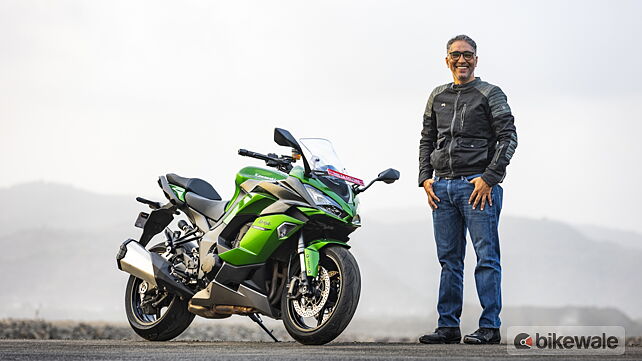


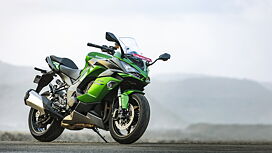

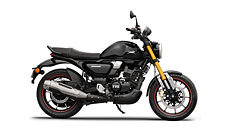
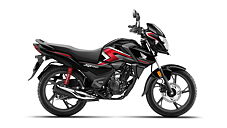
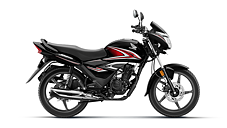

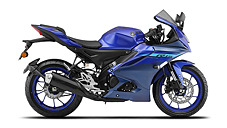
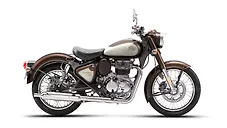
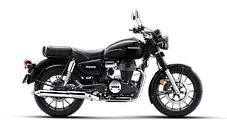
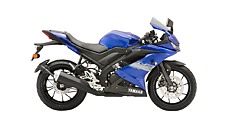
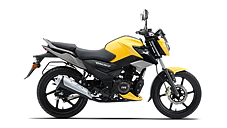
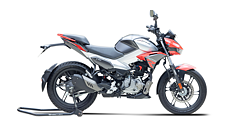
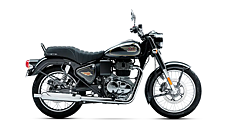
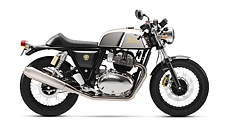
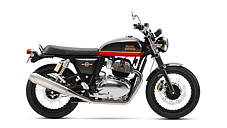
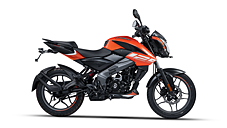
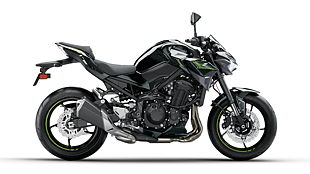
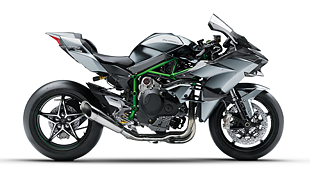
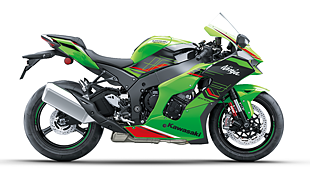




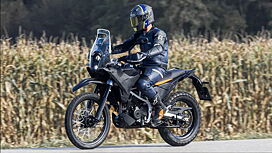
![KTM 390 Adventure X [2025] KTM 390 Adventure X [2025]](https://imgd.aeplcdn.com/272x153/n/cw/ec/190885/390-adventure-x-2025-right-side-view.jpeg?isig=0&q=80)